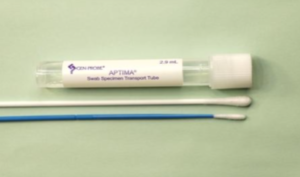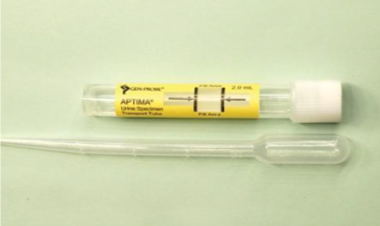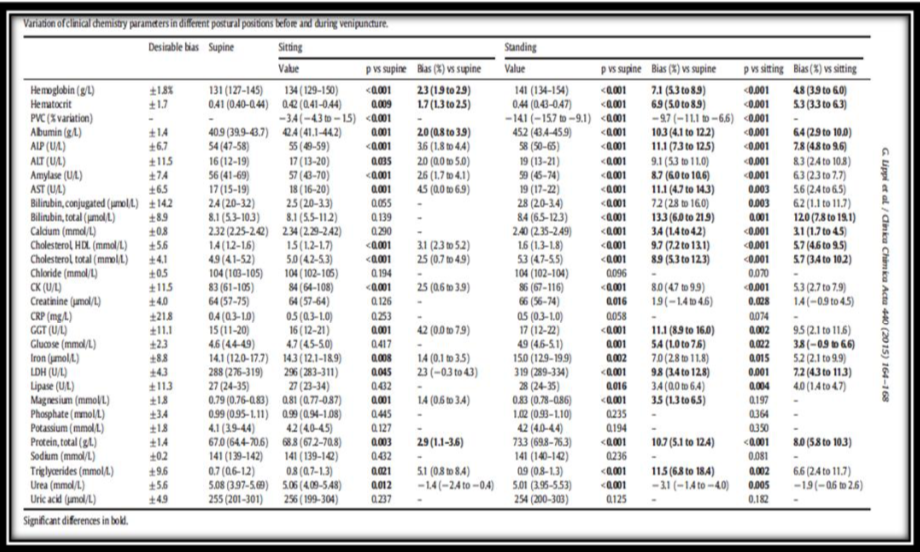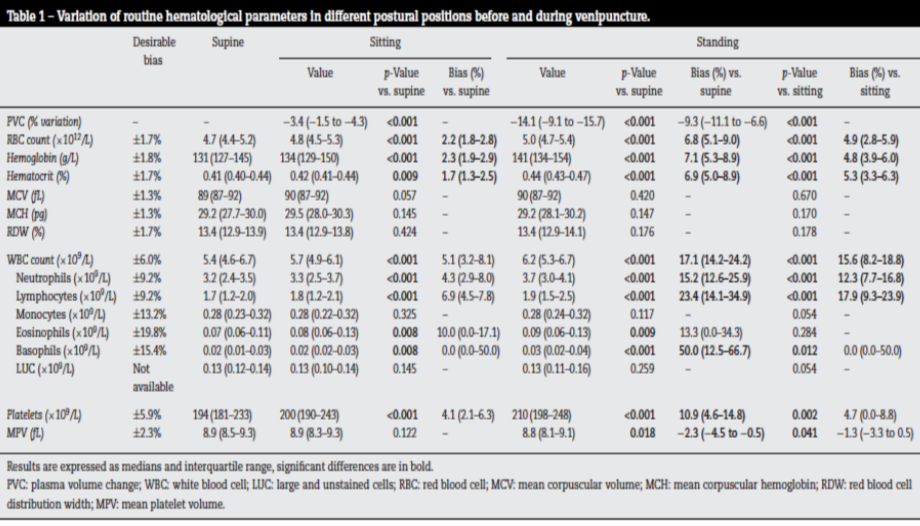NICL Laboratories performs D-dimer testing utilizing the INNOVANCE™ D-dimer assay.
The D-Dimer assay is intended for use as an aid in the diagnosis of venous thromboembolism (VTE) [deep vein thrombosis (DVT) or pulmonary embolism (PE)]. Non-elevated levels almost always indicate absence of VTE. Very rarely some patients with distal DVT may yield D-dimer results below the recommended cut-off of 0.50 mg/L FEU. Elevated levels are seen in VTE. However, elevated levels can be caused by other conditions so the results of this test should always be interpreted in conjunction with the patient’s medical history, clinical presentation and other findings.
D-dimer levels may be elevated in advanced age, coronary disease, cancer, hematoma, disseminated intravascular coagulation (DIC), diabetes, stress and hospitalization. D-dimer levels may be decreased in patients on anticoagulant therapy.
The measurement of D-dimer should NOT be used for the diagnosis of VTE in patients with:
- Sepsis, severe infections, pneumonia, severe skin infections
- Therapeutic dose anticoagulant therapy for more than 24 hours
- Fibrinolytic therapy within previous 7 days
- Trauma or surgery within previous 4 weeks
- Disseminated malignancies
- Aortic aneurysm
- Liver cirrhosis
- Pregnancy
Decision threshold: As an aid in the diagnosis of VTE (DVT or PE): Less than (<) 0.50 mg/L FEU
Please note that this test’s greatest diagnostic utility is its negative predictive value.
INNOVANCE™ D-Dimer is an immunoturbidometric assay employing a highly sensitive and specific monoclonal antibody for the quantitation of D-dimer in human plasma. It has a broad linear reportable range. The method has a high sensitivity of 97%, specificity of 42% and negative predictive value of 98%. The high sensitivity of the assay assures excellent accuracy and precision of D-dimer results. It has minimal susceptibility to interfering substances, particularly rheumatoid factor, lipemia and bilirubin.
3/5/2020 NICL Laboratories, Ltd All Rights Reserved









